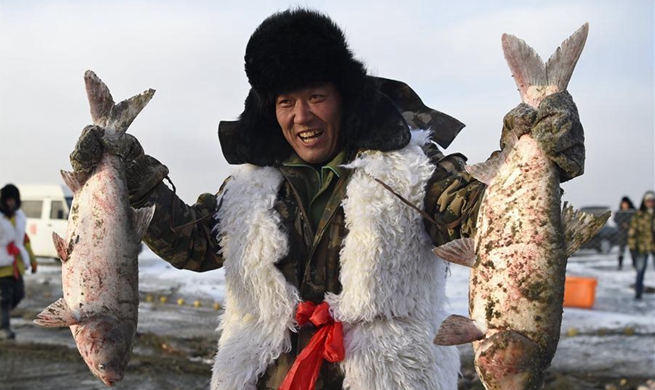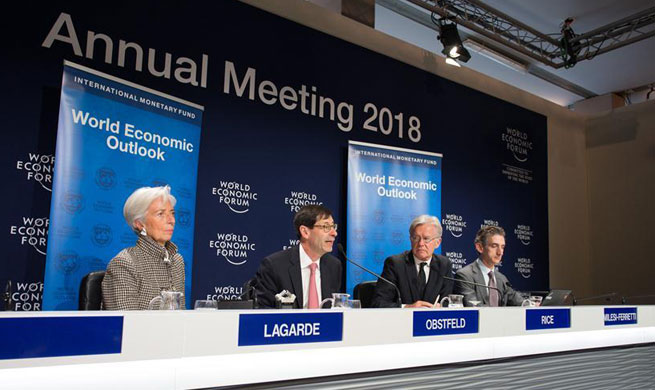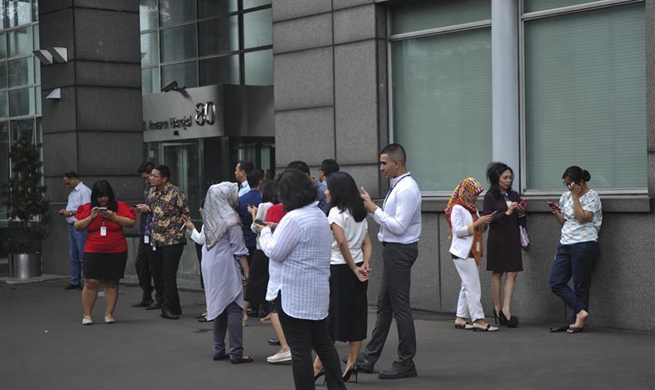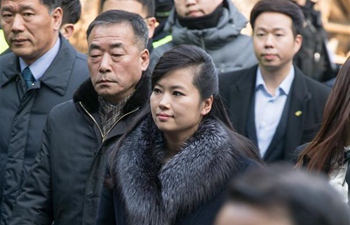BEIJING, Jan. 23 (Xinhua) -- Japanese Prime Minister Shinzo Abe should live up to his words that he will seek friendliness with China, even though he spoke of changing the Constitution in his policy address on the opening of a new session of parliament on Monday, said an editorial of the China's Daily published Tuesday.
Abe has long nurtured the ambition of revising the country's Constitution, specifically its key war-renouncing clause that restricts the activities of Japan's Self-Defense Forces.
However, it is a divisive issue in Japan, which is why in his address he raised it under the banner of nationalism -- something that has proved effective elsewhere in the world in these uncertain times -- saying that by changing the Constitution "we will be creating our nation" for the next 50 years or 100 years, according to the editorial.
Given that many observers see such a move as being in response to China's rise, which has seen it displace Japan from its postwar leading role in Asia, it was somewhat reassuring that he directly addressed Japan's relations with its neighbor in less antagonist tones than he has been prone to do in the past.
He described Japan and China as being "inseparable" and said that Japan will cooperate with China on Asia's growing infrastructure needs.
These remarks echo a series of signals Abe has sent in recent months that he is seeking better ties with China, which have been marred by differences over Japan's wartime history and the two countries' territorial dispute over islands in the East China Sea, read the editorial.
Now Abe should act accordingly to help dispel any doubts about his sincerity, given his continuous push to revise Japan's postwar, pacifist Constitution so that Japan can take part in military conflicts abroad and build an Indo-Pacific security strategy with the United States, India and Australia to compete with and contain China, is at odds with his claim that his administration will seek to meet the expectations of the international community by developing friendly relations with China, it said.
After all, actions speak louder than words, it added.

















